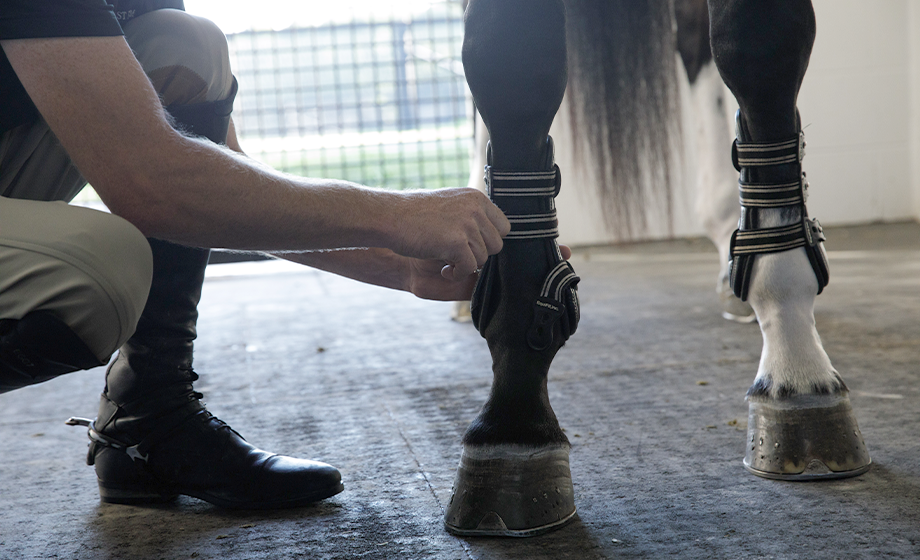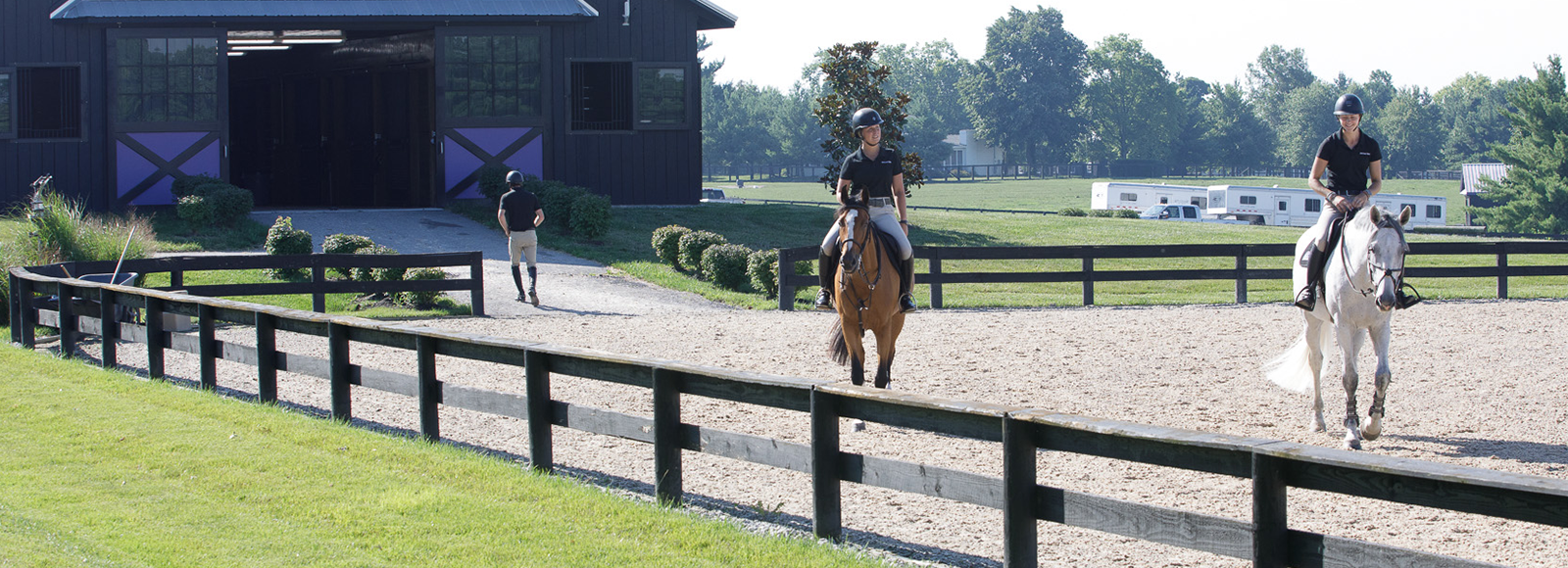
Equine Health Library
Performance Horse
Performance Horse Overview
It doesn’t matter whether your horse runs barrels, turns steers, clears oxers or racks on, all performance horses share the same work-related risks: Stress of training and traveling, majority of time spent indoors, frequent exposure to other horses, and injury from extreme exertion.
For these reasons, performance horses should be seen by a veterinarian three to four times per year.
Many performance horses also receive a variety of supplements and medications throughout their careers, which makes it even more important to have frequent discussions with your veterinarian or nutritionist. You can do more harm than good by over-supplementing or combining drugs and/or nutraceuticals that are ineffective or incompatible with one another.
The key to a long show career – and a long, healthy life – is careful training and frequent communication with your horse’s healthcare team.
Key healthcare action items for performance horses
- Comprehensive pre-purchase exam. Don’t buy a performance horse without it
- Annual physical including eye, dental and lameness exams as well as body condition scoring
- Blood work (CBC/chemistry) for horses showing loss of condition without an obvious cause
- Timely fecal egg counts and appropriate deworming regimens depending on management and risk of exposure
- Routine farrier visits
- Annual Coggins test for Equine Infectious Anemia (EIA)
- Vaccinations two to three times per year depending on region and risk factors
- Veterinary exam and health certificates when required
Wellness & Prevention
Immunology
Performance horses are at a greater risk of getting sick because their immune systems get stressed frequently. More frequent vaccinations may be required.
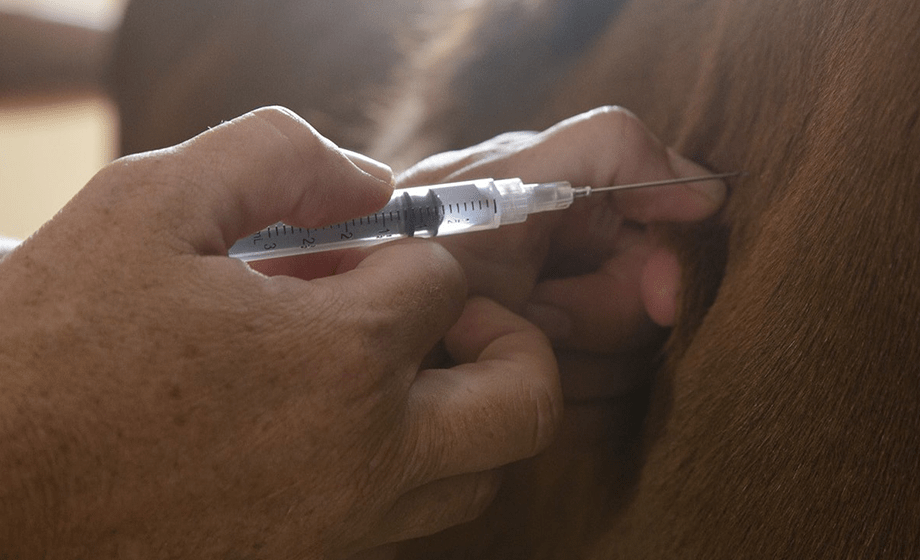
Parasitology
Work with your veterinarian to determine your performance horse’s parasite egg shedding status, and then customize the deworming protocol to his classification and risk.
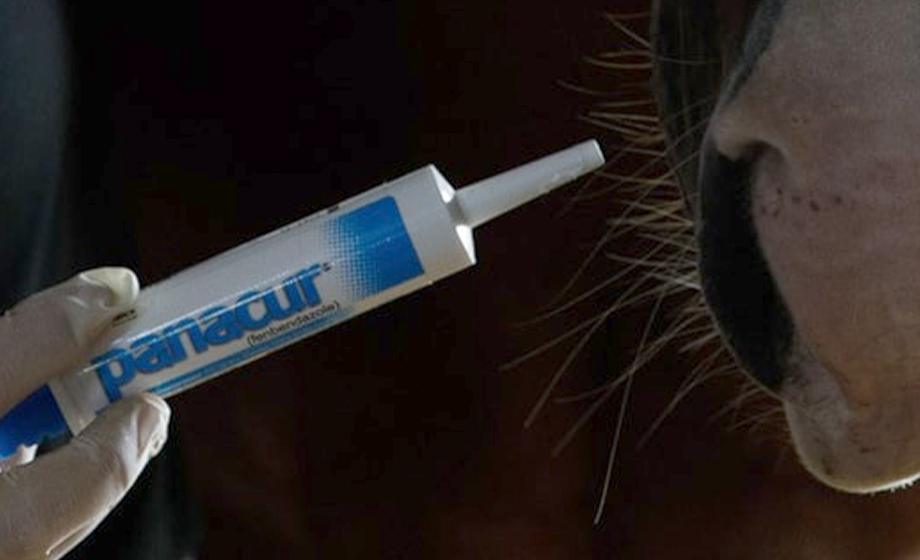
Nutrition
There’s a fine balance to feeding a performance horse, especially in meeting energy requirements. The goal is to feed for controlled energy.
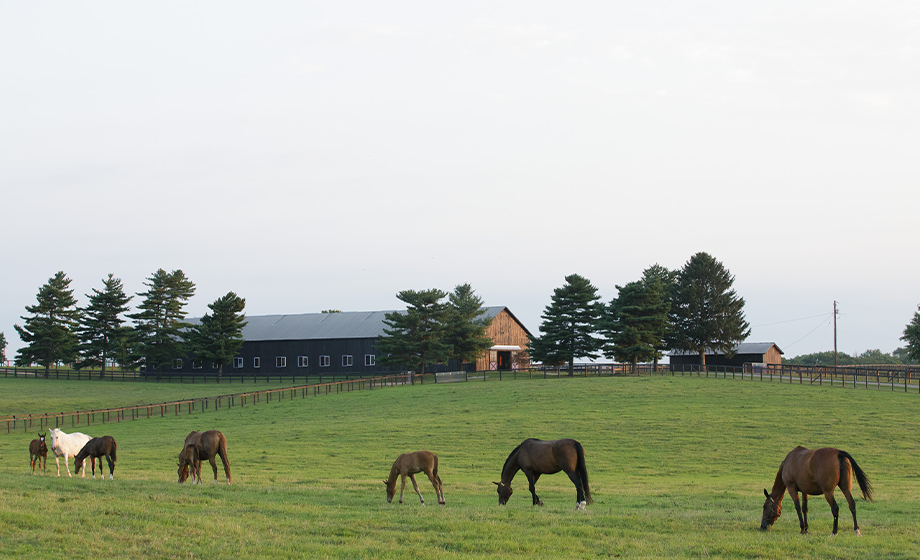
Dental Care
Top trainers know that when a horse starts fussing in the bridle or resisting under saddle, the first place to look is the mouth. That’s because slight changes in the mouth, such as sharp points on molars, can make a horse uncomfortable and resistant to work.
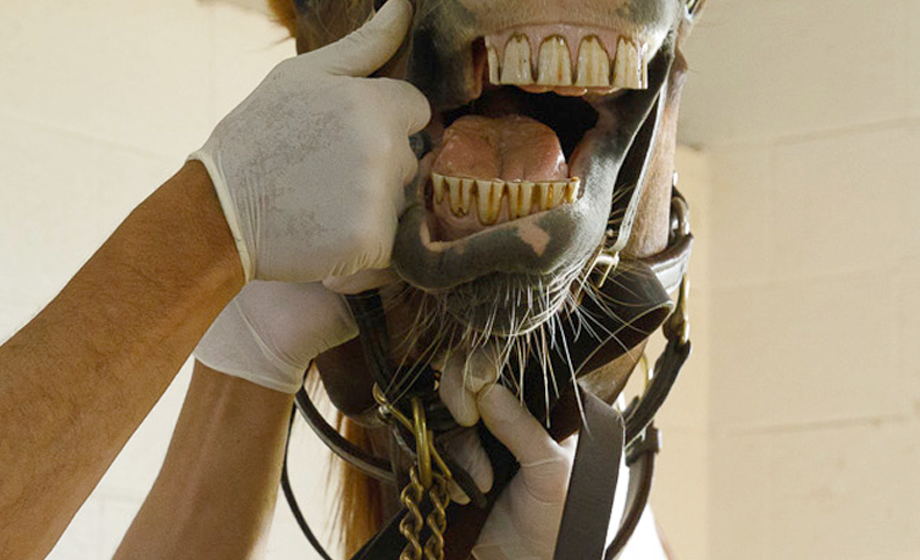
Hoof Care
In the world of performance horses, shoeing can make all of the difference.
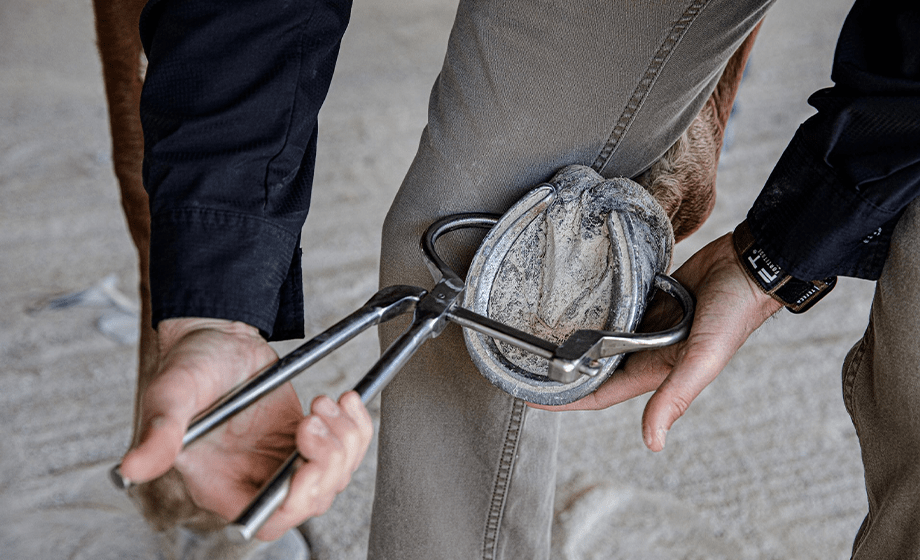
Health Conditions & Concerns
Neurologic
A neurological condition, such as EPM or EHM, can be devastating for a performance horse.
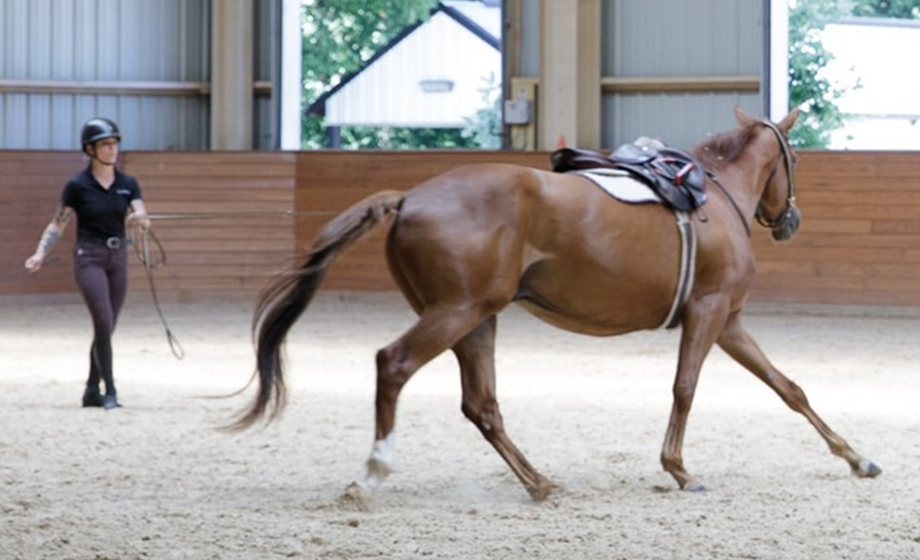
Gastrointestinal
Horse’s digestive systems are unique. For starters, they are just one-way systems, meaning what goes down can’t come back up.
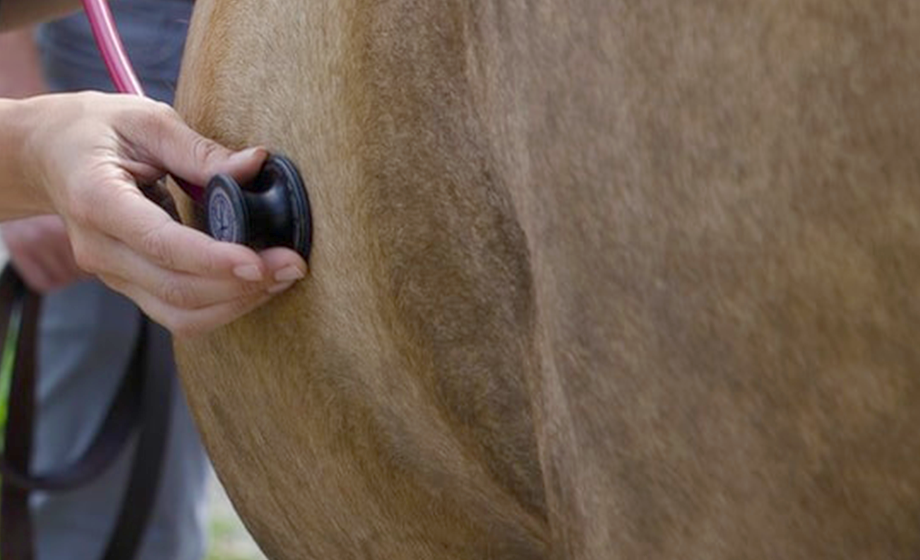
Respiratory
Performance horses of all ages are at increased risk of exposure for infectious respiratory diseases, most importantly equine herpesvirus and equine influenza virus.
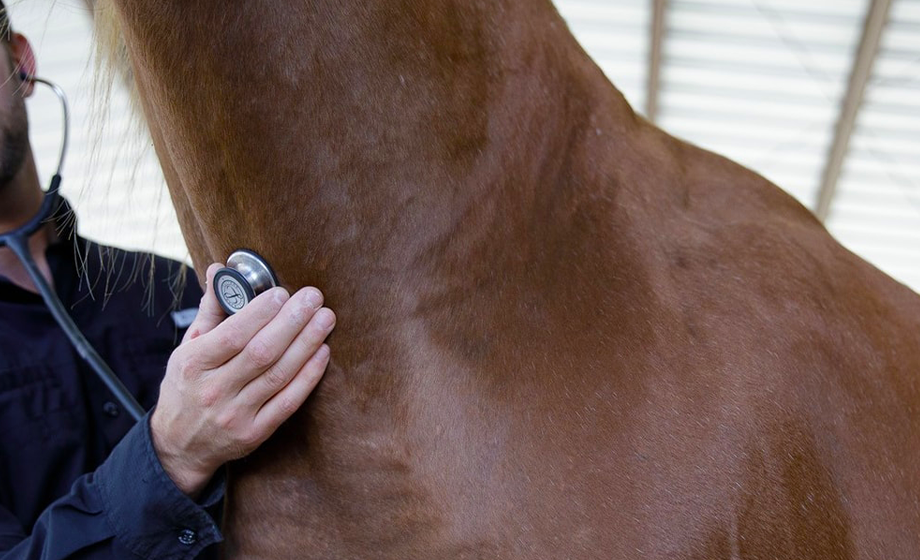
Musculoskeletal
Performance horses work hard. Their musculoskeletal systems can take a pounding as they perfect and execute discipline-specific maneuvers. As a result, musculoskeletal problems are some of the most commonly encountered disorders in the performance horse.
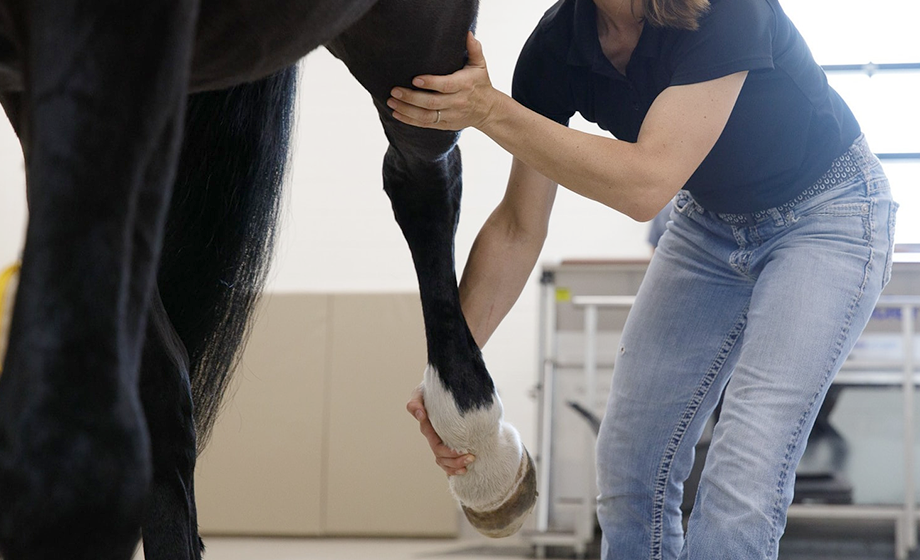
Endocrine
Performance horses over the age of 15 may be at risk for certain metabolic conditions, including Equine Metabolic Syndrome, Cushing’s Disease and Equine Polysaccharide Storage Myopathy.
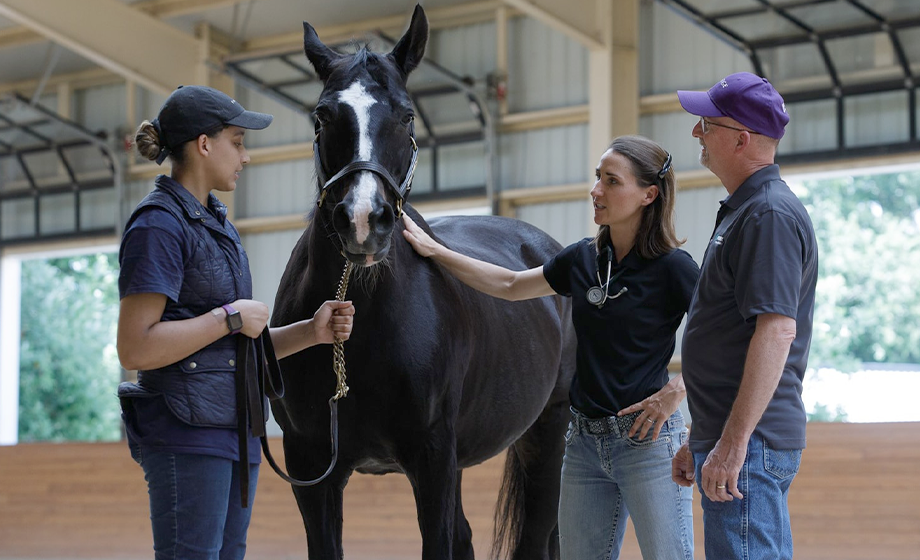
Other Concerns
Just like human athletes, horses may experience pain and discomfort associated with training and performing and, unfortunately, an injury may occur. Prompt and appropriate pain management is important.
